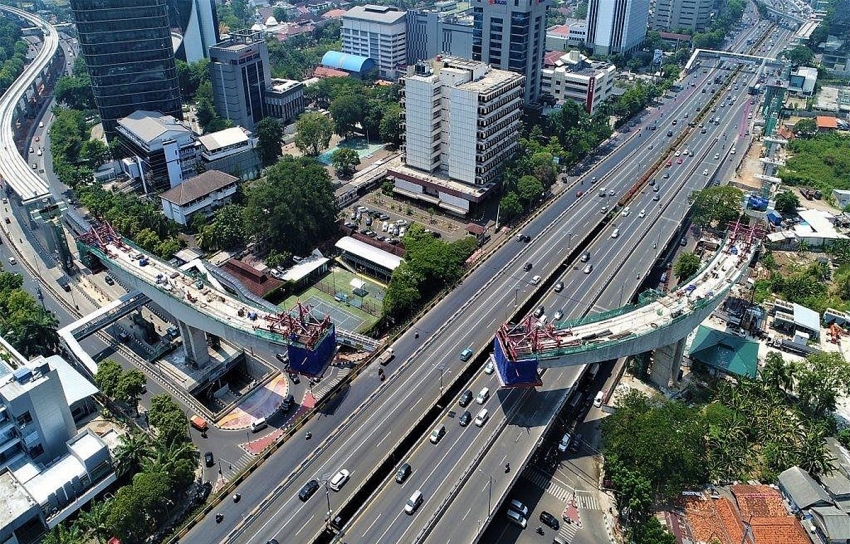Indonesia speeds up foreign investment appeal with Vietnam and Singapore
 |
| Indonesia is the largest economy in Southeast Asia |
To compete with Vietnam and Singapore, Indonesia is offering plenty of made-to-measure inducements, including the latest programmes accepting carbon offset, according to Bloomberg newswire.
The 270 million population country is reviewing its carbon-offset programmes to promote investment. The Indonesia Investment Coordinating Board is drawing up a list of peatlands which can store huge volumes of CO2 emissions, and also artificial lakes that could house solar panels, according to Nurul Ichwan, deputy chairman for Investment Planning at the Indonesia Investment Coordinating Board.
Bloomberg stated that the moves aimed to lure in electric vehicle and battery makers who want to source nickel from the country.
The Indonesian government has attempted to attract South Korea-based LG Chem that is present in Vietnam, China-based battery manufacturer Amperex Technology, and US-based electric car maker Tesla to set up shop in the country.
Ichwan said that Vietnam and Singapore offer similar incentives for overseas investors, however, Indonesia will draw in many big investment projects on account of its natural resources, large market, economic efficiency, and the directions of the country’s government.
The Indonesian administration late last year approved the Omnibus Law creating jobs for labourers in the nation. Accordingly, the law favours foreign investors pouring in large capital to develop industries, said Ichwan.
Similar to Vietnam, Indonesia has found that its traditional growth engines have all seen a downturn during the COVID-19 pandemic and the country is looking for investment into more modern industries such as manufacturing electric vehicles and batteries.
The competition for foreign capital has been heating up in Southeast Asia like Vietnam, Thailand and the Philippines which are all lowering tax rates and rolling out other incentives for foreign companies. As a result, Indonesia – the region's largest economy – has accelerated policy reforms to encourage investment for years now.
The efforts have been paying off: in 2020, the country received Rp826 trillion ($57.2 billion) in total investment capital, up 2 per cent on-year. This is a positive sign as the nation has experienced the first recession over two decades due to the pandemic. Indonesian government targets to get Rp900 trillion ($62.5 billion) in investment this year.
What the stars mean:
★ Poor ★ ★ Promising ★★★ Good ★★★★ Very good ★★★★★ Exceptional
Related Contents
Latest News
More News
- Vietnamese businesses diversify amid global trade shifts (February 03, 2026 | 17:18)
- Consumer finance sector posts sharp profit growth (February 03, 2026 | 13:05)
- Vietnam and US to launch sixth trade negotiation round (January 30, 2026 | 15:19)
- NAB Innovation Centre underscores Vietnam’s appeal for tech investment (January 30, 2026 | 11:16)
- Vietnam moves towards market-based fuel management with E10 rollout (January 30, 2026 | 11:10)
- Vietnam startup funding enters a period of capital reset (January 30, 2026 | 11:06)
- Vietnam strengthens public debt management with World Bank and IMF (January 30, 2026 | 11:00)
- PM inspects APEC 2027 project progress in An Giang province (January 29, 2026 | 09:00)
- Vietnam among the world’s top 15 trading nations (January 28, 2026 | 17:12)
- Vietnam accelerates preparations for arbitration centre linked to new financial hub (January 28, 2026 | 17:09)

 Tag:
Tag:

























 Mobile Version
Mobile Version